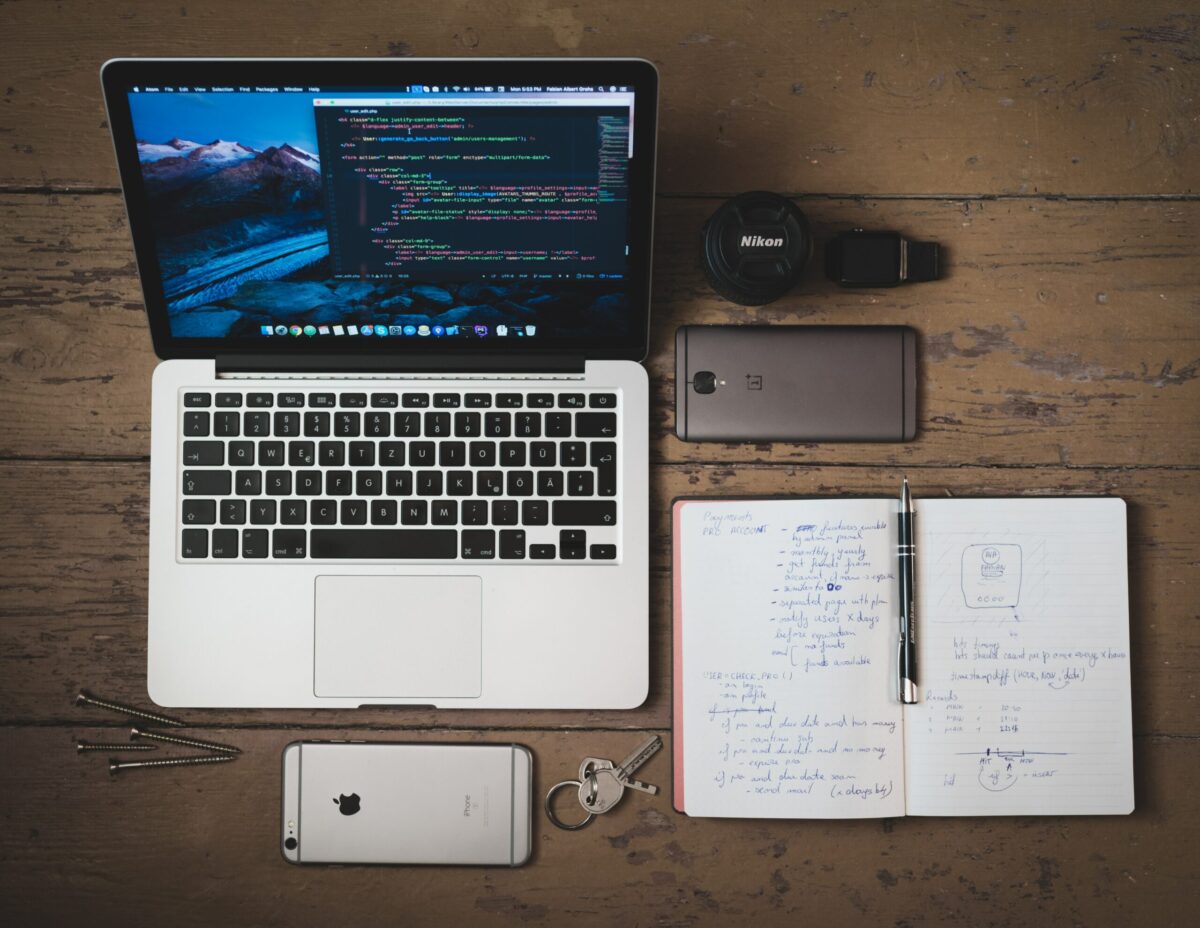A computer virus is a small program that piggybacks on legitimate programs on your computer. This is called a virus because it shares the features of a biological virus and passes from one computer to another in the same way a biological virus is transmitted from person to person. Once a computer virus is running, it can infect other programs and documents.
What is a computer Viruses and Malware ?
A computer virus is a small program that piggybacks on legitimate programs on your computer. This is called a virus because it shares the features of a biological virus and passes from one computer to another in the same way a biological virus is transmitted from person to person. Once a computer virus is running, it can infect other programs and documents.
Types of computer Viruses and Malware
There are many types of viruses, but the most common are:
1. Viruses: small pieces of software that attaches to other programs and / or documents
2. E-mail viruses: These viruses circulate by e-mail and spread generally through the e-mails you receive from some people.
3. Trojans: it is a computer program that claims to do one thing, but Indeed, its mission is to erase your hard drive
4. Worms: this is a program that benefits a small hole in network security
5. computer and reproduced on other computers on that network
How the Viruses and Malware have access to your computer and how they spread?
Some methods by which the virus have access to our computers are:
1. Downloading a program from an unknown source
2. Opening a file attached to an e-mail
3. Sharing infected files from one computer to another on a floppy disk
4. Opening of an electronic greeting card, audio and video files
What are the signs that my computer is infected with a Viruses and Malware ?
1. Your computer is getting slower and slower
2. The computer stops or crashes
3. The computer crashes and restarts every 5 mins minutes
4. The computer restarts itself and does not work properly
5. The applications on your computer are not working properly
6. Hard drives or other drives are not accessible
7. Your computer may not print correctly
8. You get unusual error messages
9. The menus and dialog boxes are distorted
What types of damage can cause a Viruses and Malware ?
1. Damage a computer virus can cause depends on the type of virus. Here are some common threats.
2. They can delete or modify files. Some viruses will delete all your files or even reformat your hard drive and make your computer unusable
3. Other viruses steal personal information such as card numbers, credit account numbers and passwords
4. Some viruses slow your computer dramatically
5. Some viruses modify the security settings allow hackers or pirates access your computer and steal information
6. Other viruses such as worms infect computers on a network
What you can do to protect your computer against Viruses and Malware
Install an antivirus program. By installing an antivirus program and keeping it updated, you can defend your computer from viruses. Antivirus programs look for viruses that try to access the e-mail, operating system or files. Every day new viruses are spread, so it is advisable to visit the website frequently for updates of the antivirus manufacturer. In most cases, antivirus programs are provided with annual subscriptions, which you can renew as needed. To find an antivirus program, please visit the Windows Vista Security Software Providers . Do not open email attachments. Many viruses are sent as attachments to e-mail messages and attachments are spread as soon as they open. It is best not to open attachments unless they are expected to file.
Microsoft Outlook and Windows Mail help block potentially dangerous attachments. Keeping Windows updated. Periodically Microsoft releases special security updates that may be useful for computer security. These updates help prevent attacks from viruses and other computer by closing possible loopholes. Make sure that Windows receives these updates by turning on Automatic Updates in Windows. To find out how to do this, see Enable or disable automatic updating . Use a firewall. Windows Firewall or other similar alert you of any suspicious activity if a virus or worm tries to connect to your computer. To learn how to test your firewall, check out firewallguide.com for a more in-depth guide.
First, and as obvious, we have installed an antivirus. There is already a lot of them and most can be downloaded online for free. Among the most reliable find AVG Anti-virus, Nod32 and Avast you can download. Once installed the virus on our computer, we can say that we are almost certain, though this is a utopia because we will never be 100% safe. The virus will not be an impenetrable shield; you also need help from us. What we can do to avoid viruses? Much…
We update the antivirus, most of them already have a built for daily updated automatically, but you still need to be vigilant and check each program while you are doing. New viruses appear daily on the net and if we keep our software updated to saving the computer can become infected.
In terms of our responsibilities, lack of attention can lead to inadvertently let a virus to enter our computer. This can occur, for example, opening an unknown file in our mail etc. That’s why we must pay special attention to each attachment you open, and especially with the extensions. EXE,. COM,. PIF. BAT and others. Normally safe all graphics file (GIF, JPG, PNG) and music (MP3, WMA, WAV) but still this is not always so. Fortunately, most mail clients include antivirus service in charge of scanning the file before opening it, but if you use Outlook or Thunderbird is better to pay attention. If you do not know the sender, avoid open what you send, but this is not always safe because many viruses are auto-sent on behalf of the user and not even notice them. Thus the only solution is to pay attention, be suspicious of strange messages and files and scan them before opening
Viruses have long been the scourge of the Internet. Moreover, they appear to be more and more sophisticated: where the ‘old’ viruses your computer did crash, they infect your computer and ensure they are such that your bank details will be passed on to criminals when you do not notice them. Do you feel computing, it is to protect your computer is always priority number one. What’s the best approach, we list here. Probably do that now a lot of.
Keep your computer safe from infections, you ensure that you have to start regular updates of the operating system (Windows) to install, it can also automatically expire. In addition, install decent antivirus software. Although none is perfect, walking according to Trend Micro and Kaspersky Security.nl leading the fight against malware.
Prevention is not only trying to prevent viruses from entering our computer, but also involves safeguarding the information. Therefore it is advisable to make backups or backups of important files regularly, keeping them on CD, DVD or any other device. Thus, if the virus wiped out your hard drive or computer, we can stay a little easier knowing that we have copies of these files. Finally, although the current antivirus are continually reviewing each file to be opened and the program activities, you should perform a full scan of the computer each week or when we see fit, to make sure everything is clean and free of virus.





